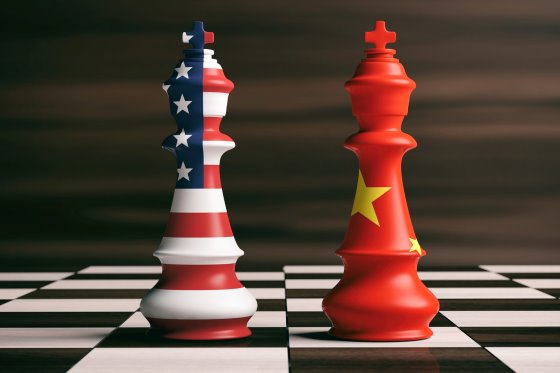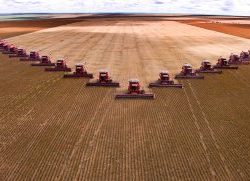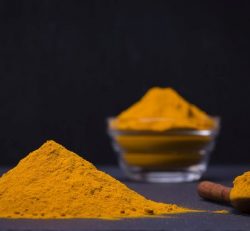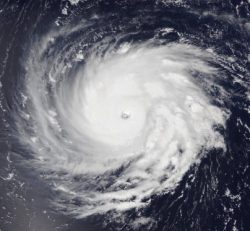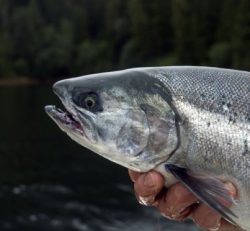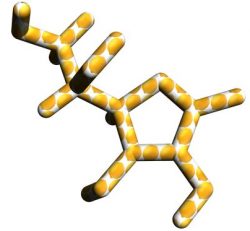HOW A TRADE WAR CAN IMPACT SWINE PRODUCTION
In more than one way, the global pig community is likely to be affected by the recent trade disputes which have been started by US president Trump.
Both the international soybean trade as well as the pork trade have been hit by retaliatory tariffs, which in turn could lead to changes in prices and availability of pork and soybeans.
Tariffs on pork
Earlier this year, in an attempt to review existing trade deals with various countries, president Trump added pressure by introducing import tariffs to certain steel and aluminium products. Many nations around the globe reacted disapprovingly.
The swine business did get its share as well. Early April, China retaliated by introducing import tariffs to pork. Mexico followed with a similar tariff on US pork in June, much to the disgruntlement of the US National Pork Producers Council. The council protested at the World Pork Expo in Des Moines, IA.
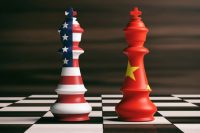
China has hit US agricultural products twice with its tariffs. Photo: Dreamstime
The April measures proved to be the beginning of an escalation, particularly towards China. On July 6, the Trump administration initiated an additional set of import tariffs of 25% on products from China, worth $ 34 billion in total. Another set covering a worth of $ 16 billion was announced to happen at a moment in the not so far future.
Pork and soybeans are being taxed
Again, the Chinese responded immediately with retaliatory tariffs, also on July 6. This time, the counter measures included 500 US goods, totalling a value of $ 34 billion as well. This time, apart from cars and pork, soybeans were also included in the 25% import taxes.
This could have potentially far-reaching consequences, as China is the world’s largest soybean importer. Last year, soybeans were the US’ single biggest agricultural export to China. This accounts for some 60% of the worldwide trade in the commodity. The effect of these measures could be that soybean farmers in the USA will have a harder time selling their produce. In China, on the contrary, pork products may become more expensive.
Targeting Republican voters in the Mid-West
It is no coincidence that both China and Mexico have been including pork and soybeans in their tariff increases. It is common knowledge that the agricultural sector predominantly votes in favour of the Republican Party. Choosing agricultural commodities, both countries targeted Mr Trump’s electoral base in e.g. the Mid-West.
For the time being, the Trump administration does not seem to be impressed and aims for more tariffs. Threats have already been made for the raise of tariffs to 25% on a total of $ 200 on Chinese merchandise. Beijing, however, does not appear to be ready to buckle for the US pressure either. The tensions have even affected stock markets.
Trade war affecting farmers
In the meantime, president Trump hoped to soften the blow to his domestic agricultural industry. Through agricultural secretary Sonny Perdue, a $ 12 billion plan was announced to help US farmers deal with the consequences of the trade war.
A plan that was heavily criticised, even from his own Republican Party. Nebraska’s senator Ben Sasse, for instance, slammed the plan on his website: “This trade war is cutting the legs out from under farmers and White House’s ‘plan’ is to spend $ 12 billion on gold crutches… This administration’s tariffs and bailouts aren’t going to make America great again, they’re just going to make it 1929 again.”
Relief from the EU?
Perhaps some relief may come from the European Union, which was also hit by the US tariff increases. A visit of Jean-Claude Juncker, president of the European Commission, to the White House, restored peace in the US-EU trade relationship and Mr Juncker even announced that the EU would start importing more soybeans.
That was a promise Mr Juncker could make easily ( this link is in Dutch) as EU soy imports have increased strongly in recent months anyway. Only in July 2018, 283% more soybeans were imported from the USA than one year earlier. It remains to be seen, however, if this increased demand can compensate the US farmers for a reduced demand from China.
Vincent ter Beek
Editor of Pig Progress / Topic: Pigs around the world
Source: www.pigprogress.net


